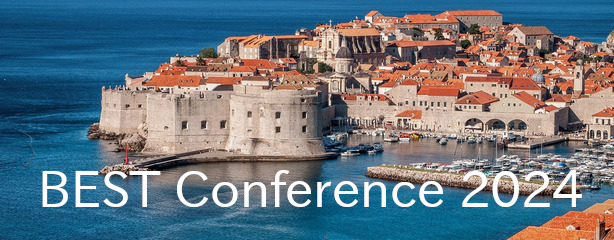Welcome to the BEST Conference!
July 24-27, 2024
Dubrovnik, Croatia

International Conference on Big data in Economics, Science and Technology (BEST), an international interdisciplinary conference combining aspects of economics, science, and technology to address complex societal issues that we face today on a global scale.
This is the latest conference in the series of past and successful conferences.
- 1st BEST Conference, July 5-7, 2013, Kyoto, Japan
- 2nd BEST Conference, August 22-24, 2014, Wailea, Hawaii, USA
- 3rd BEST Conference, July 20-22, 2015, Ohrid, Republic of North Macedonia
- 4th BEST Conference, July 20-22, 2016, Bali, Indonesia
- 5th BEST Conference, July 19-21, 2017, Phuket, Thailand
- 6th BEST Conference, July 12-14, 2018, Khalkidhiki, Greece
- 7th BEST Conference, July 5-7, 2019, Buenos Aires, Argentine (a StatPhys27 Satellite)
- 8th BEST Conference, July 12-14, 2021, Belgrade, Serbia (Hybrid Conference)
- 9th BEST Conference, August 18-20, 2022, Maui, Hawaii
- 10th BEST Conference, August 09-12, 2023, Jeju, South Korea
Scope
The stability and sustainability of economic and legal systems are important for long-term global prosperity. In addition to stable financial systems, economic sustainability also depends on reliable healthcare systems, secure computer networks, dependable transportation, and solid infrastructure, to name a few. In this environment of rapid technological development, science and technology play an essential role in modeling and forecasting future economic and societal outcomes.
Statistical physics and network theory offer new analytical approaches to studying economic development and the interconnectivity of the global economy’s underlying systems.
Interdisciplinary research’s importance is growing. Multidisciplinary studies have been conducted in many aspects of global financial systems, cybersecurity, healthcare, transportation, and infrastructure. Studies show that societies function as interconnected, interdependent networks. There are significant relationships between traditional and innovative economic trends. Researchers have developed tools to measure risk propagation through financial networks. Yet, some concentrate on data mining, spreading the wing of researchers who explore, analyze, and investigate a wide range of global economic data available today, including traditional macroeconomic indicators and novel securities such as cryptocurrencies.
The BEST interdisciplinary conference intends to cover various research aspects affecting communities and global development, attracting researchers from multiple scientific fields. Some of the topics covered at the conference are:
・Network Analysis and Complexity Science
・Modeling and Simulations of Financial Networks
・Health Informatics and Health Economics
・Risk Evaluation and Mitigation
・Cybersecurity and Cryptocurrencies
・Business Cycles and Economic Trends
・FinTech
・Environmental, Social, and Governance (ESG) Investing
・Climate Change and Sustainability
・Public Health Crises’ Effects on Societies
・Cybercrime Investigation
Date and Place
- Date: July 24-27, 2024
- Place: Dubrovnik, Croatia (see wikipedia)
- Venue: Akademis Academia
- Address: 2b Ulica Marka Marojice, Lapad, 20000, Dubrovnik, Croatia
- URL: https://akademis.hr/
- Email: akademis@scdu.hr
- Tel: +385-099-528-0647
- Note: You are suggested to stay at this venue (see below for accommodation information) for convenience.
Accommodation Information
- Accommodation: Akademis Academia (see above for address and homepage)
- You are suggested to choose this accommodation to stay with a reasonable price in Dubrovnik and with convenience for social meetings and events.
- Booking:
- Follow *this link* for reservation. The link will allow the participants to make reservations for the period from “23 July 2024” to “28 July 2024” with “BEST24”.
- N.B. Please confirm that the period is correctly shown as above before you finally click “SELECT” and proceed.
- Tips: “Halfboard” includes lunch, “Fullboard” includes lunch and dinner, in addition to breakfast (default).
- Deadline of reservation is April 30, so *book now*!
Registration
To be announced later
Student rate 110 Euros
Academic rate (non-presenter) 220 Euros
Academic rate 450 Euros
Corporate rate (non-presenter) 650 Euros
Corporate rate 900 Euros
Payment for the conference registration fee will only be available in cash on-site.
Please note that a certificate receipt will be issued.
Registration and Abstract submission
Registration and Abstraction submission form
Abstract submission deadline: June 1, 2024
Decisions by June 30, 2024
Program
Conference photos
- Coming
Organizing Committee
Irena Vodenska (Chair, Boston University, USA)

Duk Hee Lee (Co-chair, KAIST, Korea)

Hideaki Aoyama (Co-chair, RIKEN iTHEMS, Kyoto University, Japan)

Yoshi Fujiwara (Co-chair, University of Hyogo, Japan)

Program Committee
Lou Chitkushev (Boston University, USA)
SeungHun Han (KAIST, Korea)
Chulho Lee (KAIST, Korea)
Guanglan Zhang (Boston University, USA)
Dimitar Trajanov (ss. Cyril and Methodius University, North Macedonia)
Technical support
Dimitar Pesevski (Student, ss. Cyril and Methodius University, North Macedonia)
Welcome to the BEST Conference!
August 09-12, 2023
Jeju, South Korea
International Conference on Big data in Economics, Science and Technology (BEST), an international interdisciplinary conference combining aspects of economics, science, and technology to address complex societal issues that we face today on a global scale.
This is the latest conference in the series of past and successful conferences.
- 1st BEST Conference, July 5-7, 2013, Kyoto, Japan
- 2nd BEST Conference, August 22-24, 2014, Wailea, Hawaii, USA
- 3rd BEST Conference, July 20-22, 2015, Ohrid, Republic of North Macedonia
- 4th BEST Conference, July 20-22, 2016, Bali, Indonesia
- 5th BEST Conference, July 19-21, 2017, Phuket, Thailand
- 6th BEST Conference, July 12-14, 2018, Khalkidhiki, Greece
- 7th BEST Conference, July 5-7, 2019, Buenos Aires, Argentine (a StatPhys27 Satellite)
- 8th BEST Conference, July 12-14, 2021, Belgrade, Serbia (Hybrid Conference)
- 9th BEST Conference, August 18-20, 2022, Maui, Hawaii
- 10th BEST Conference, August 09-12, 2023, Jeju, South Korea
Scope
The stability and sustainability of economic and legal systems are important for long-term global prosperity. In addition to stable financial systems, economic sustainability also depends on reliable healthcare systems, secure computer networks, dependable transportation, and solid infrastructure, to name a few. In this environment of rapid technological development, science and technology play an essential role in modeling and forecasting future economic and societal outcomes.
Statistical physics and network theory offer new analytical approaches to studying economic development and the interconnectivity of the global economy’s underlying systems.
Interdisciplinary research’s importance is growing. Multidisciplinary studies have been conducted in many aspects of global financial systems, cybersecurity, healthcare, transportation, and infrastructure. Studies show that societies function as interconnected, interdependent networks. There are significant relationships between traditional and innovative economic trends. Researchers have developed tools to measure risk propagation through financial networks. Yet, some concentrate on data mining, spreading the wing of researchers who explore, analyze, and investigate a wide range of global economic data available today, including traditional macroeconomic indicators and novel securities such as cryptocurrencies.
The BEST interdisciplinary conference intends to cover various research aspects affecting communities and global development, attracting researchers from multiple scientific fields. Some of the topics covered at the conference are:
・Network Analysis and Complexity Science
・Modeling and Simulations of Financial Networks
・Health Informatics and Health Economics
・Risk Evaluation and Mitigation
・Cybersecurity and Cryptocurrencies
・Business Cycles and Economic Trends
・FinTech
・Environmental, Social, and Governance (ESG) Investing
・Climate Change and Sustainability
・Public Health Crises’ Effects on Societies
・Cybercrime Investigation
Date and Place
- Date: August 09-12, 2023
- Place: Parnas Hotel Jeju
Address: 100, Jungmungwangwang-ro, 72 beon-gil, Seogwipo-si, Jeju-do, South Korea - URL: https://www.parnashoteljeju.com/en/main.do
Accommodation Information
- Place: Parnas Hotel Jeju
Address: 100, Jungmungwangwang-ro, 72 beon-gil, Seogwipo-si, Jeju-do, South Korea - URL: https://www.parnashoteljeju.com/en/main.do
Registration
Student rate 110 USD (141,000 KRW)
Academic rate (non-presenter) 220 USD (281,000 KRW)
Academic rate 450 USD (575,000 KRW)
Corporate rate (non-presenter) 650 USD (831,000 KRW)
Corporate rate 900 USD (1,151,000 KRW)
Payment for the conference registration fee will only be available in cash on-site.
We apologize for any inconvenience this may cause.
Please note that a certificate receipt will be issued.
Abstract submission
Completed and closed.
Abstract submission deadline: July 10, 2023.
Decisions by July 20, 2023.
Program
Conference photos
Organizing Committee
Duk Hee Lee (Chair, KAIST, Korea)

Hideaki Aoyama (Co-chair, RIKEN iTHEMS, Kyoto University, Japan)

Irena Vodenska (Co-Chair, Boston University, USA)

Yoshi Fujiwara (Co-chair, University of Hyogo, Japan)

Program Committee
Lou Chitkushev (Boston University, USA)
SeungHun Han (KAIST, Korea)
Chulho Lee (KAIST, Korea)
Hyejin Kim (KAIST, Korea)
Guanglan Zhang (Boston University, USA)
Jae Woo Lee (Inha University, Korea)
Ilwon Seo (Chonnam National University, Korea)
Technical support
Inje Kang (Ph.D. Student, KAIST, Korea)
Some of the speakers are listed below (in making).
Hideaki Aoyama

Professor Emeritus of Kyoto University, Specially Appointed Professor at GSAIS, Kyoto University, Faculty Fellow at Research Institute of Economy, Trade and Industry (RIETI), and Representative Chairman of iBEST Inc.. He is a theoretical Physicist with PH.D. at Caltech (1982), and worked at Stanford Linear Accelerator Center (SLAC), Harvard University and Northeastern University. Aside from Particle Theory, he worked on Condensed Matter Physics, Linguistics and now on Econophysics. Penny tells him this.
Alex Becker

Alexander Becker is Assistant Professor of Finance at Boston University’s Metropolitan College. He obtained his PhD in econophysics at BU under the supervision of H. Eugene Stanley and Irena Vodenska. His research focuses on systemic risk where he has been working on how reconstructed networks limit our ability to properly assess the danger of contagion. In addition, he studies the intersection of banking, corporate finance and financial vulnerability.
Guido Caldarelli
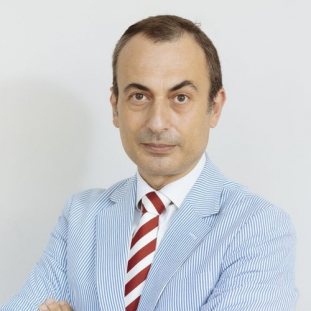
I studied Statistical Physics, and I work in the field of Complex Networks. I got my degree in 1992 in Rome (La Sapienza), my PhD in 1996 in Trieste (SISSA). After Postdocs in Manchester and Cambridge I became firstly “Research Assistant” in INFM and secondly “Primo Ricercatore” at ISC-CNR where I am still working with many friends and colleagues.
Presently I am Full Professor of Physics at IMT Lucca, and a LIMS Fellow.
From 2018 I am the President of the Complex Systems Society.
From 2016 I am in the board of the SNP Division of European Physical Society.
Check Latest book SCIENZA DELLE RETI by EGEA.
Yoshi Fujiwara

Professor of Graduate School of Simulation Studies, University of Hyogo, Kobe, JAPAN. He received his Ph.D. from Tokyo Institute of Technology in 1992 and studied Cosmology at Yukawa Institute (Kyoto) as a postdoctoral fellow, and Institute of Theoretical Physics, University of California (Santa Barbara) as a visiting researcher. He was also engaged in research in Econophysics at Department of Economics, Universita Politecnica delle Marche (Italy). He is a co-author of the recent books: “Econophysics of Corporations: Statistical Life and Death in Complex Business Networks”, (Cambridge University Press, 2010); “Macro-Econophysics: New Studies on Economic Networks and Synchronization”, (Cambridge University Press, 2017).
Hiromitsu Goto

Hiromitsu Goto is postdoctoral fellow at College of Science and Technology, Nihon University. He received his Ph.D. in physics from Kanazawa University in 2018. His main fields of research are network science (production network, social network, multiple network, etc.), econophysics (firm size and its growth rate distribution, application of stochastic model for the economic simulation, etc.) and phenomenology of particle physics.
Hiro Inoue

Associate Professor, Graduate School of Simulation Studies, University of Hyogo, Kobe, Japan. He holds a Ph.D. in Informatics (Kyoto Univeristy, 2006).
Hiroshi Iyetomi

Hiroshi Iyetomi is Professor of Mathematics at Faculty of Science, Niigata University. He received his D.Sc. in Physics from the University of Tokyo. His current research interests include collective phenomena in socioeconomic systems, multivariate time series analysis, and complex networks. Very recently he has made his debut as a YouTuber 🙂
Caroline Mattsson
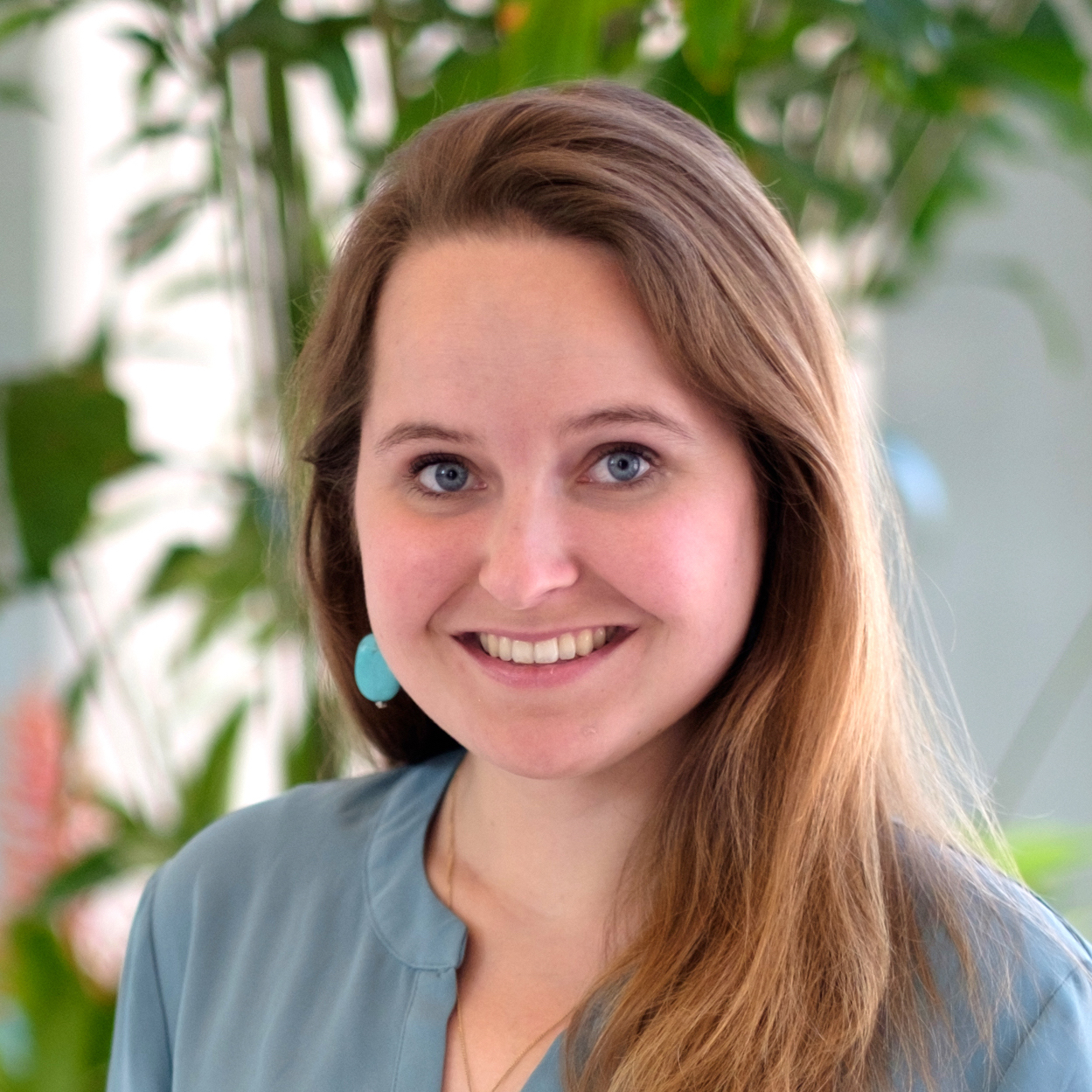
Carolina is a PhD Candidate at the Network Science Institute at Northeastern University. She is an NSF Graduate Research Fellow using her dissertation to develop network analysis tools for transaction records and modeling frameworks for monetary flow. As a part of the Lazer Lab, Carolina develops methods in Computational Social Science that make digital trace and administrative data more useful to researchers. Carolina holds degrees in Physics and International Relations from Lehigh University.
Carolina Magda Roma
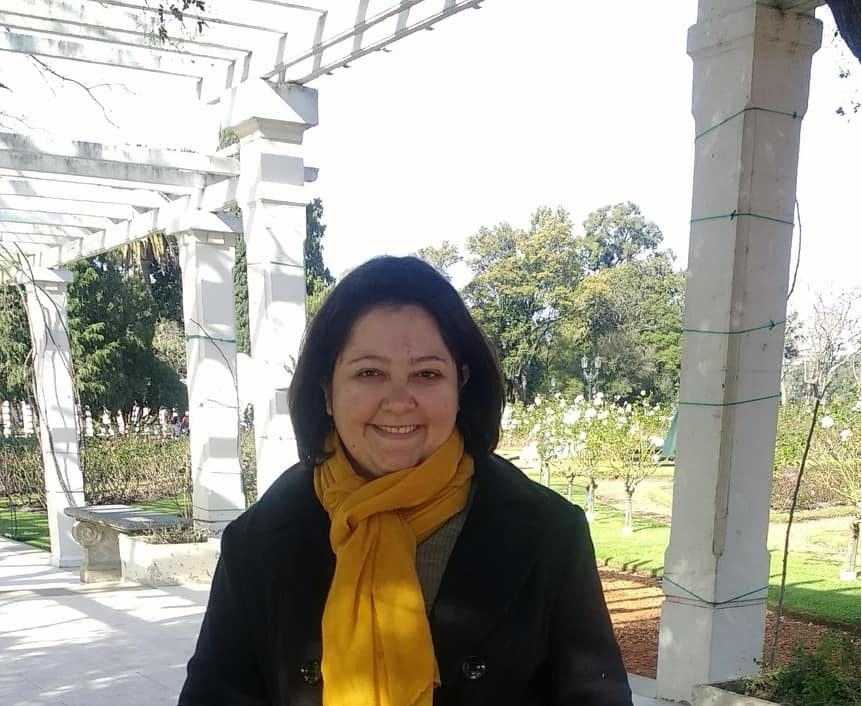
Carolina Roma received her Ph.D. in Management from Federal University of Minas Gerais (Brazil) and her research interests include asset pricing, investment funds, and machine/deep learning.
Irena Vodenska

Irena Vodenska is associate professor of finance and director of finance programs at Boston University’s Metropolitan College. Her research focuses on network theory and complexity science in macroeconomics. She conducts theoretical and applied interdisciplinary research using quantitative approaches for modeling interdependences of financial networks, banking system dynamics, and global financial crises. She also studies the effects of news announcement on financial markets, corporations, financial institutions, and related global economic systems. She uses neural networks and deep learning methodologies for natural language processing to text mine important factors affecting corporate performance and global economic trends. She holds a PhD in econophysics (statistical finance) from Boston University, an MBA from Owen Graduate School of Management at Vanderbilt University, and a BS in computer information systems from the University of Belgrade.
Xin Zhang
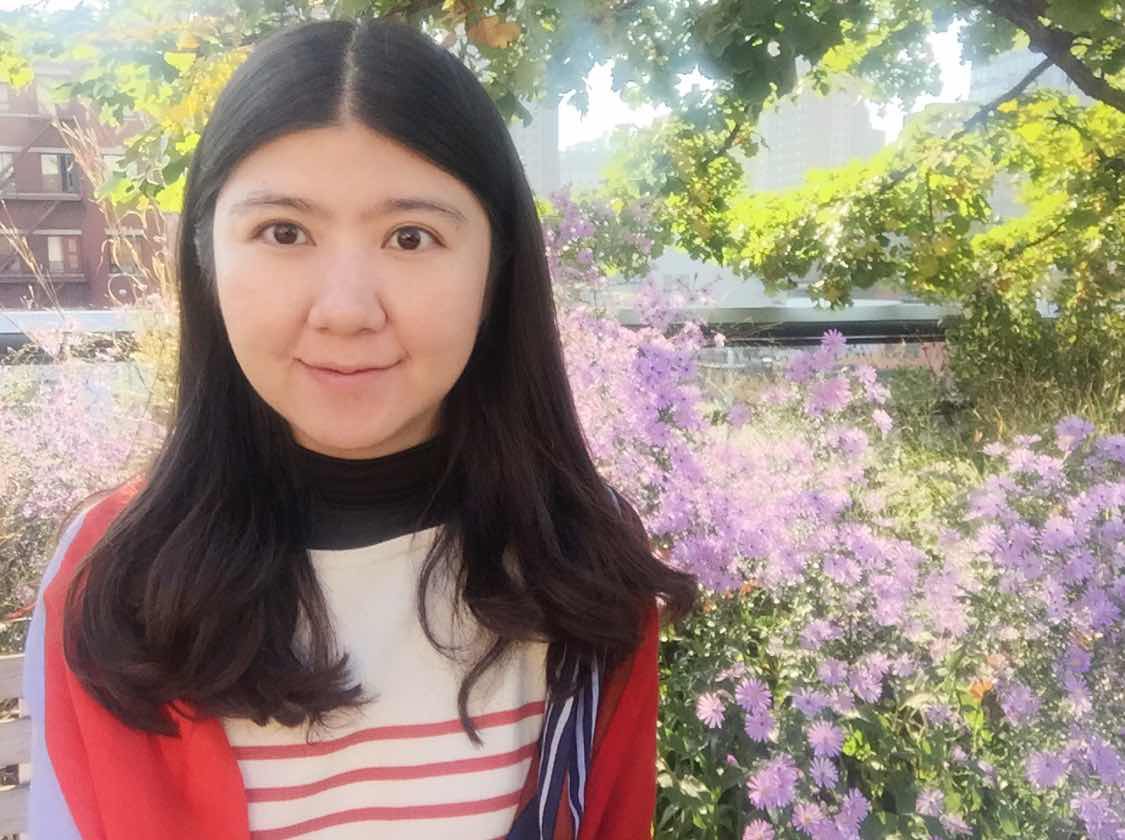
Xin Zhang received the master’s and Ph.D. degrees in system science. She is currently an Associate Professor with the College of Communication and Transport, Shanghai Maritime University, China. In 2013 and 2018, she was a Research Fellow with Center for Polymer Studies directed by Professor H.E.Stanley at Boston University. Her researches focus complex network theory, economic networks and complexity science in macroeconomics.
The organizers decided to postpone the conference for one year due to our concern about the coronavirus disease 2019 (COVID-19). [Announced on April 3, 2020]
Hope we are all safe and healthy with all your friends, families, and people in every countries.
Date and Time
July 13 (Mon)-15 (Wed), 2020
Belgrade, Serbia
Venue:
to be announced.
Organizers:
Chair: Irena Vodenska
Vice chair: Yoshi Fujiwara
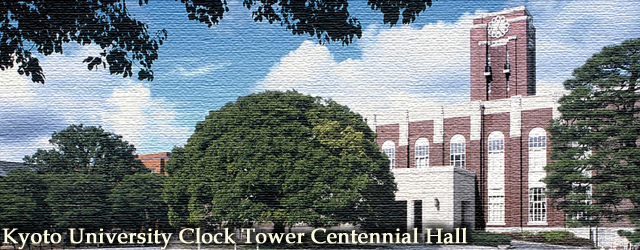
Date and time
Jan. 17th (Fri), 2020
9:40- Registration
10:00-18:00, Main Program
18:30- Banquet
Program
Final Program is here and Speaker profile is here.
Venue
Clock Tower Centennial Hall III (Take an elevator to the Second floor), Kyoto University, Kyoto, Japan
Registration Fee
100 USD/ 10,000 yen/ 100 Euro in cash only.
Banquet Fee is 50 USD/5,000 yen/50 EURO.
Organizers
Chairman

Guido Caldarelli
Professor
IMT. Lucca, Italy
Vice-Chairs

Hideaki Aoyama
Emeritus Professor, Specially Appointed Professor, GSAIS
Kyoto University, Kyoto, Japan

Yoshi Fujiwara
Professor
Graduate School of Simulation Studies
University of Hyogo, Kobe, Japan

Irena Vodenska
Associate Professor
Metropolitan College
Boston University, Boston, MA, USA
Co-sponsor
Post-K project (Represented by Y. Fujiwara)
Conference Photo
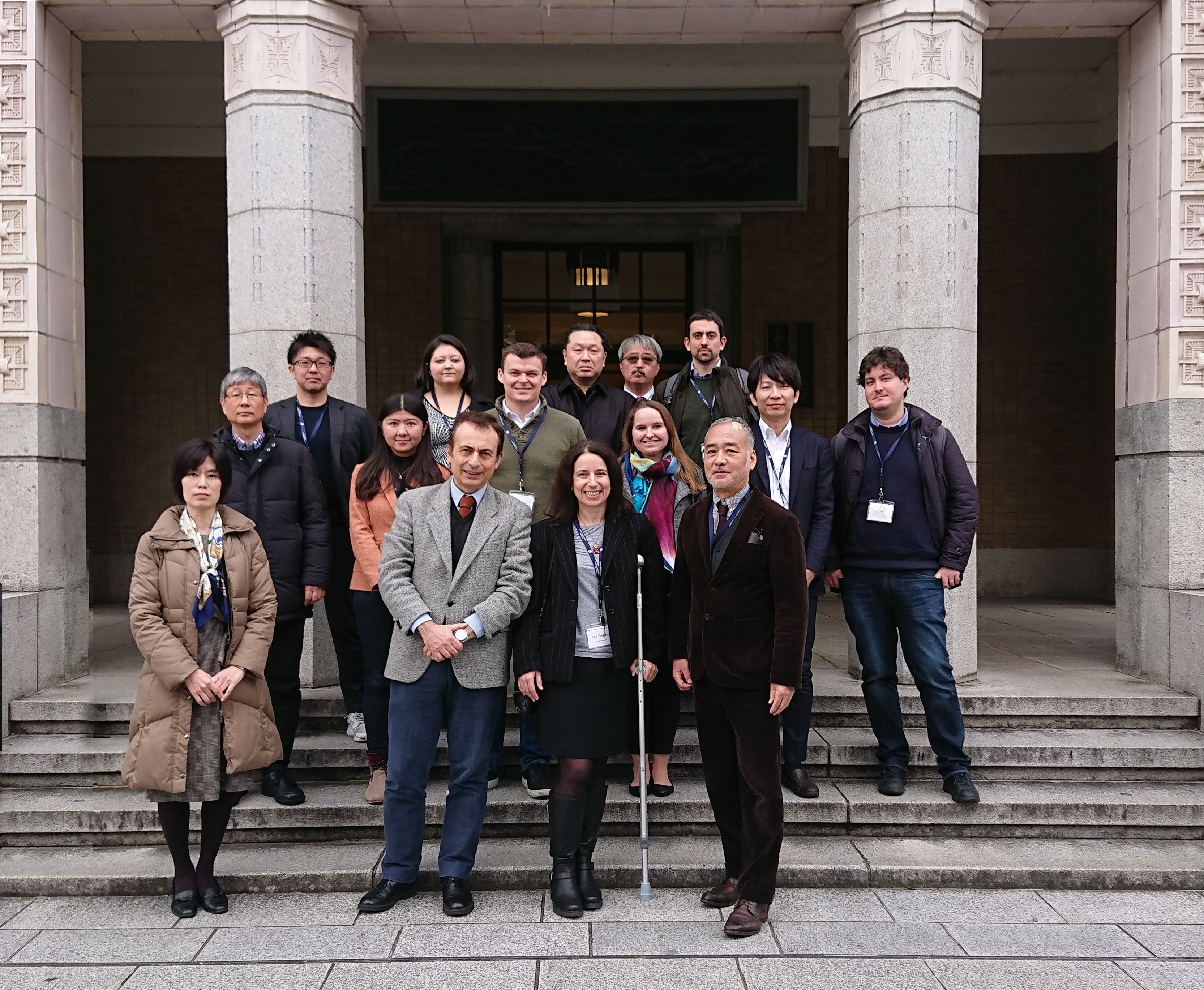
A StatPhys 27 satellite
https://statphys27.df.uba.ar/
Scope
This is the 2019 version of the conference series
“The Big Data in Economy, Science, and Technology (B.E.S.T.)”,
to be held in Buenos Aires on July 5-7, 2019.
This conference covers wide topics on theories, analytical methods and data analysis including; Macro Econophysics, Economics, Network Science, Medical Science.
Venue
Both Conference and Accommodation will be at the Liberatador Hotel,
Avenida Cordoba 690, Buenos Aires 1054 Argentina
Phone: +54 11 4321-0000
Fax: +54 11 4325-5492
Reservation Phone: +54 11 4321-0021 | 0022
Email: reserva.1195@libertadorhotels.comLibertador
https://www.libertadorhotels.com/
Registration
Registration Fee is 400 USD/350 Euro/45,000 JPY, which
includes the cost of the Conference Banquet on July 7th (45USD/40EURO/5,000JPY). Method of payment will be notified by emails to all registered participants.
Program
The program is here.
Entertainment and Banquet
Argentine is a land of Tango.
So, there will be sightseeing tours of the City
and Tango dinner shows throughout the conference days.
For accompanying spouses/friends, there will be opportunities
for Tango shopping and lessons by renowned teachers.
On July 8th, an optional tour to the Ignazu Fall is scheduled.
https://iguazuargentina.com/en/parque-nacional-iguazu
Contact
B.E.S.T. Society president Hideaki Aoyama at hideaki.aoyama@gmail.com.










